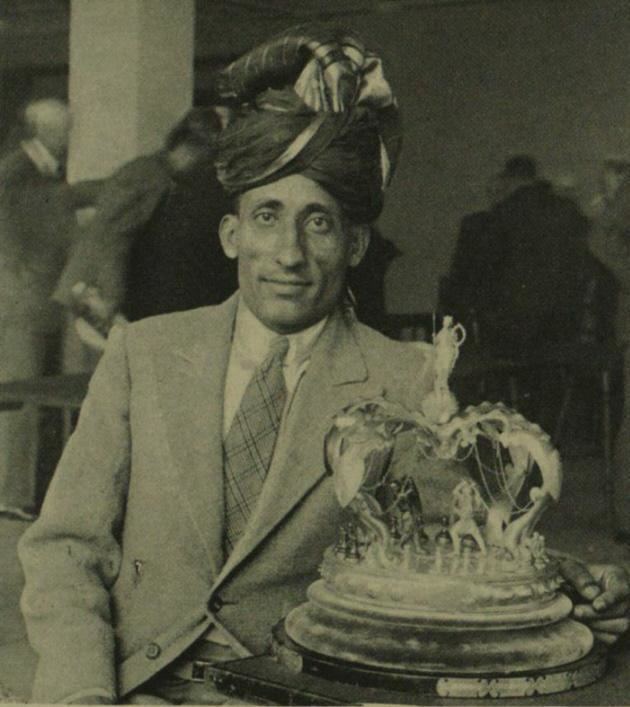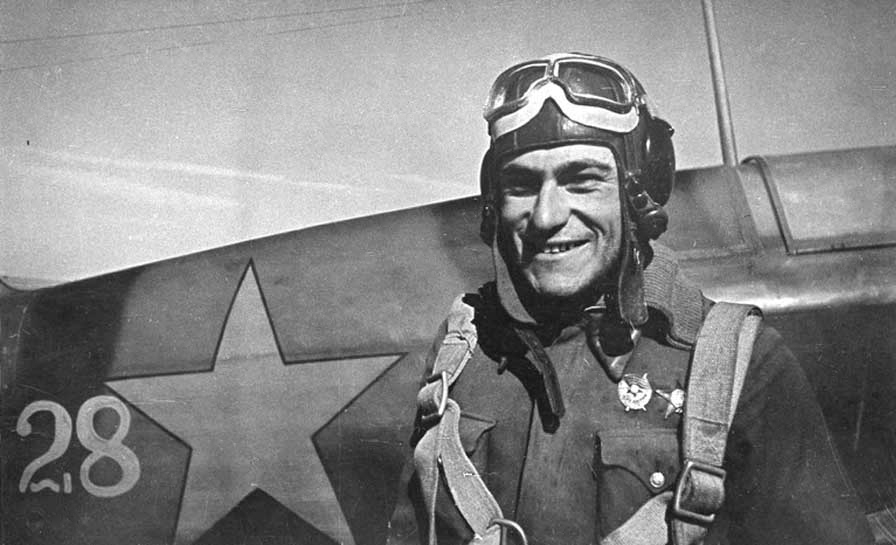|
Sultan Khan (other) , American soldier
{{disambig, tndis ...
Sultan Khan may refer to: *Sultan Khan (chess player) (1903–1966), Indian chess player *Sultan Khan (musician) (1940–2011), Indian sarangi player *Sultan Mohammed Khan (1919–2010), Pakistani civil servant and British India Army officer *Sultan Mohammad Khan (politician) (born 1980), Pakistani politician in Khyber Pakhtunkhwa *Sultan Muzaffar Khan, sultan of Kashmir *Sultan Said Khan, medieval ruler of East Turkestan *Sultan Satuq Bughra Khan, Uyghur ruler See also *Amet-khan Sultan, Crimean Tatar test pilot *Kareem Rashad Sultan Khan Kareem Rashad Sultan Khan (February 12, 1987 – August 6, 2007) was a United States Army specialist who was killed during Operation Iraqi Freedom. He is a recipient of the Bronze Star and Purple Heart for his service, and is buried in Arlingt ... [...More Info...] [...Related Items...] OR: [Wikipedia] [Google] [Baidu] |
Mir Sultan Khan
Sultan Khan (Punjabi language, Punjabi and ur, , 1903 – 25 April 1966; commonly referred to with honorifics as ''Mir (title), Mir Sultan Khan'' or ''Mir Malik Sultan Khan'') was a South Asian chess player, and later a citizen of Pakistan, who is thought to have been the strongest chess master of his time from Asia. The son of a Muslim landlord and preacher, he travelled with Colonel Nawab Sir Malik Umar Hayat Khan, Umar Hayat Khan (''Sir Umar''), to Britain, where he took the chess world by storm. In an international chess career of less than five years (1929–33), he won the British Chess Championship, British Championship three times in four tries (1929, 1932, 1933), and had tournament and match results that placed him among the top ten players in the world. Sir Umar then brought him back to his homeland, where he gave up chess and returned to cultivate his ancestral farmlands in the area which became Pakistan, where he lived for the rest of his life, was a proud citizen o ... [...More Info...] [...Related Items...] OR: [Wikipedia] [Google] [Baidu] |
Sultan Khan (musician)
Ustad Sultan Khan (15 April 1940 – 27 November 2011) was an Indian ''sarangi'' player and classical vocalist belonging to ''Sikar Gharana''. He was one of the founding members of the Indian fusion group Tabla Beat Science, with Zakir Hussain and Bill Laswell. He was awarded the Padma Bhushan, India's third highest civilian honour, in 2010. Early life Sultan Khan was born on 15 April 1940 in Sikar District, Rajasthan, a princely state in the Indian Empire. He learned sarangi from his father Ustad Gulab Khan. Career Sultan Khan started his career at the All India Radio station, Rajkot in Gujarat as a 20-year-old boy in 1960. After having spent eight years in Rajkot very happily, he got a chance to play with Lata Mangeshkar during her visit to Rajkot. She asked him to play the sarangi while she sang. This proved a turning point for him and his career. Thereafter, he was transferred to the Mumbai radio station. Having joined the Mumbai radio, he was not only deeply involved ... [...More Info...] [...Related Items...] OR: [Wikipedia] [Google] [Baidu] |
Sultan Mohammed Khan
Sultan Mohammed Khan (19 February 1919 – 8 November 2010) was a Pakistani civil servant and British India Army officer who served as a Foreign Secretary of Pakistan. He was also Pakistan's ambassador to the United States in the Nixon and Jimmy Carter presidency. Early life Sultan Mohammed Khan was born in Jaora State, British India, on 19 February 1919. He received his bachelors degree from Ewing Christian College. Career Sultan Mohammed Khan joined the British Indian army as an officer cadet and was commissioned as a lieutenant in the 4th Indian Grenadiers, during World War II he served in India and the Malays-Indonesia front. He took an early release from the British Indian army as a major and after independence of Pakistan from the British, Khan joined the Pakistan's foreign service. During his career as a diplomat, he served as a Pakistan ambassador to the United States, Canada, China, and Japan. Personal life He married daughter of Jaora State ruler, Nawa ... [...More Info...] [...Related Items...] OR: [Wikipedia] [Google] [Baidu] |
Sultan Mohammad Khan (politician)
Sultan Mohammad Khan is a Pakistani politician who served as the Provincial Minister of Khyber Pakhtunkhwa for Law, Parliamentary Affairs and Human Rights, in office from 29 August 2018 to 9 Feb 2021. He was removed from his post because he was spotted in a video where he could be seen selling his Senate vote. He had been a Member of the Provincial Assembly of Khyber Pakhtunkhwa from August 2018 till January 2023. Previously, he was a member of the Provincial Assembly of Khyber Pakhtunkhwa from May 2013 to May 2018. Early life and education Sultan Mohammad Khan was born on 4 July 1980, in Charsadda, Pakistan. He has a degree in Bachelor of Laws, from the University of Peshawar. He also obtained a degree in Master of Laws from the United Kingdom. Political career He ran for an election for seat of the Provincial Assembly of the North-West Frontier Province as an independent candidate from Constituency PF-18 (Charsadda-II) in 2008 Pakistani general election, but was unsuccessf ... [...More Info...] [...Related Items...] OR: [Wikipedia] [Google] [Baidu] |
Sultan Muzaffar Khan
Sultan Muhammad Muzaffar Khan () was a chief of the Bomba Tribe. He is the namesake for the city of Muzaffarabad in present-day Azad Kashmir. Khan united various hill tribes near the Kashmir–Hazara border region and convinced them to settle near the site of two rivers: the Jhelum River and Neelum River The Neelum River, or Kishanganga River, is a river in the Kashmir region of India and Pakistan. It originates in Bandipora district of northern Jammu and Kashmir in India, flows through the Neelam District of Pakistan's Azad Kashmir and then .... Sources References [...More Info...] [...Related Items...] OR: [Wikipedia] [Google] [Baidu] |
Sultan Said Khan
Sultan Said Khan (; 1487–1533) ruled the Yarkent Khanate from September 1514 to July 1533. He was born in the late 15th century in Moghulistan, and he was a direct descendant of the first Moghul Khan, Tughlugh Timur, who had founded the state of Moghulistan in 1348 and ruled until 1363. The Moghuls were turkicized Mongols who had converted to Islam. Some English sources refer to this ruler as Abusaid. Background When the Chagatai ''ulus'', which embraced both East and West Turkestan, collapsed, the result was the creation of two different states: ''Maverannahr'' in West Turkestan, with its capital at Samarkand, where Timur the Great came to power in 1370, and Moghulistan, with its capital at Almalik, near the present-day town of Gulja, in the Ili valley. Moghulistan embraced settled lands in Eastern Turkestan as well as nomad lands north of '' Tangri Tagh''. The settled lands were known at the time as ''Manglai Sobe'' or ''Mangalai Suyah'', which translates as ... [...More Info...] [...Related Items...] OR: [Wikipedia] [Google] [Baidu] |
Sultan Satuq Bughra Khan
Abdulkarim Satuq Bughra Khan ( ug, سۇلتان سۇتۇق بۇغراخان; also spelled Satuk; died 955) was a Kara-Khanid khan; in 934, he was one of the first Turkic rulers to convert to Islam, which prompted his Kara-Khanid subjects to convert. There are different historical accounts of the Satuq's life with some variations. Sources include ''Mulhaqāt al-Surāh'' (Supplement to the "Surah") by Jamal Qarshi (b. 1230/31) who quoted an earlier 11th-century text, ''Tarikh-i Kashghar'' (History of Kashgar) by Abū-al-Futūh 'Abd al-Ghāfir ibn al-Husayn al-Alma'i, an account by an Ottoman historian, known as the Munajjimbashi, and a fragment of a manuscript in Chagatai, ''Tazkirah Bughra Khan'' (Memory of Bughra Khan). Origin Satuq was said to have come from Artux, identified in the 10th century book '' Hudud al-'alam'' (The Limits of the World) as a "populous village of the Yaghma", the Yaghma being one of the Turkish tribes that formed the Karakhanids. He lost his fathe ... [...More Info...] [...Related Items...] OR: [Wikipedia] [Google] [Baidu] |
Amet-khan Sultan
Amet-khan Sultan ( Crimean Tatar: Amet-Han Sultan, Амет-Хан Султан, احمدخان سلطان; Russian: Амет-Хан Султан; 20 October 1920 – 1 February 1971) was a highly decorated Crimean Tatar flying ace in the Soviet Air Force with 30 personal and 19 shared kills who was twice awarded the title Hero of the Soviet Union. Despite having been able to avoid deportation to Uzbekistan when the entire Crimean Tatar nation was repressed in 1944 due to his father's Lak background, he nevertheless refused to change his passport nationality listing to Lak or identify as one throughout his entire life despite pressure from government organs. After the end of the war, he worked as a test pilot at the Flight Research Institute in Zhukovsky and mastered piloting 96 different aircraft types before he was killed in a crash while testing a new engine on a modified Tupolev Tu-16 bomber. He remains memorialized throughout Ukraine and Russia, with streets, schools, and ... [...More Info...] [...Related Items...] OR: [Wikipedia] [Google] [Baidu] |



